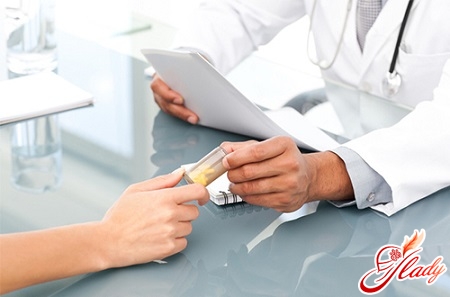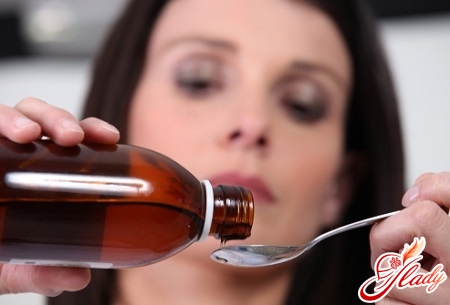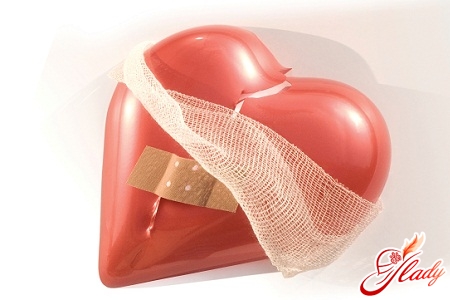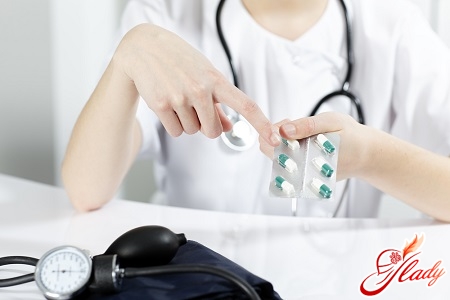
High blood pressure can bediagnosed in any person, regardless of age and gender. It is generally accepted that normal blood pressure readings in healthy people should not exceed 130/85 mm Hg.

High Blood Pressure: Causes and Symptoms
These are conditional parameters that canvary, but if the numbers are growing, it is necessary to pay close attention to this and, possibly, undergo a course of treatment. In emergency cases, it is necessary to immediately take drugs that normalize the patient's condition. The exact causes of hypertension are quite difficult to establish. There are certain risk factors that can provoke an increase in blood pressure and the development of the disease:
- Improper eating, excessive consumption of salty and fatty foods;
- Obesity is the main companion of increased vascular disease;
- Smoking and alcohol abuse directly affect the increase in pressure;
- Lack of physical activity, sedentary lifestyle;
- Kidney disease;
- Lack of potassium and magnesium in the body;
- Acceptance of some medicines. Drugs for weight loss and oral contraceptives can cause increased pressure.
There are also independent reasons that canprovoke hypertension: age, heredity, male gender. Quite often, blood pressure increases asymptomatically, and a person is in no hurry to start treatment. The following signs indicate an increase in pressure:
- Headache;
- Frequent dizziness;
- Nausea;
- Tachycardia;
- Darkness in eyes;
- Shortness of breath and chest pain.
Redness of the skin of the face, swelling and numbness of the fingers, sweating - these are other symptoms of the disease that should make the patient see a doctor and undergo an examination.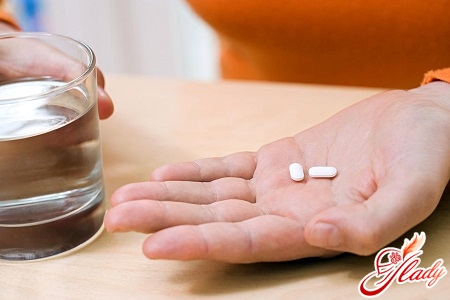
How to treat high blood pressure?
Severe hypertension requires immediate medical attention.medical care! Only a specialist can correctly select the necessary medications and their dosage. Injections are used to achieve a quick effect. In particularly difficult cases, hospitalization and inpatient treatment will be required. It is important to prevent the development of such serious conditions as myocardial infarction, acute heart failure, unstable angina, aortic aneurysm, stroke, etc. Drug correction of high blood pressure can consist of a minimum number of drugs or include complex therapy. The following drugs are usually used:
- Diuretics (diuretics);
- ACE inhibitors (relax the walls of blood vessels);
- Beta-adrenoblockers (reduce heart rate);
- Alpha-adrenoblockers (relax the walls of blood vessels);
- Calcium antagonists (reduce heart rate, dilate blood vessels);
- Blockers of angiotensin receptors (protect the brain, heart and kidneys from lesions caused by high blood pressure).
Any means used for normalizationpressure, can be prescribed only by a doctor, taking into account the symptoms and contraindications. In addition to medications, the patient is always prescribed a diet and rest. Quality sleep, no stress and walks in the fresh air will speed up the recovery process. In the early stages of the disease, treatment of high blood pressure can be reduced to changing lifestyle and nutrition. It is enough to reduce the consumption of animal fats and salt, normalize weight, give up bad habits and do light exercise. If hypertension is a symptom of some other disease, then therapy should be aimed at eliminating the primary problem.






